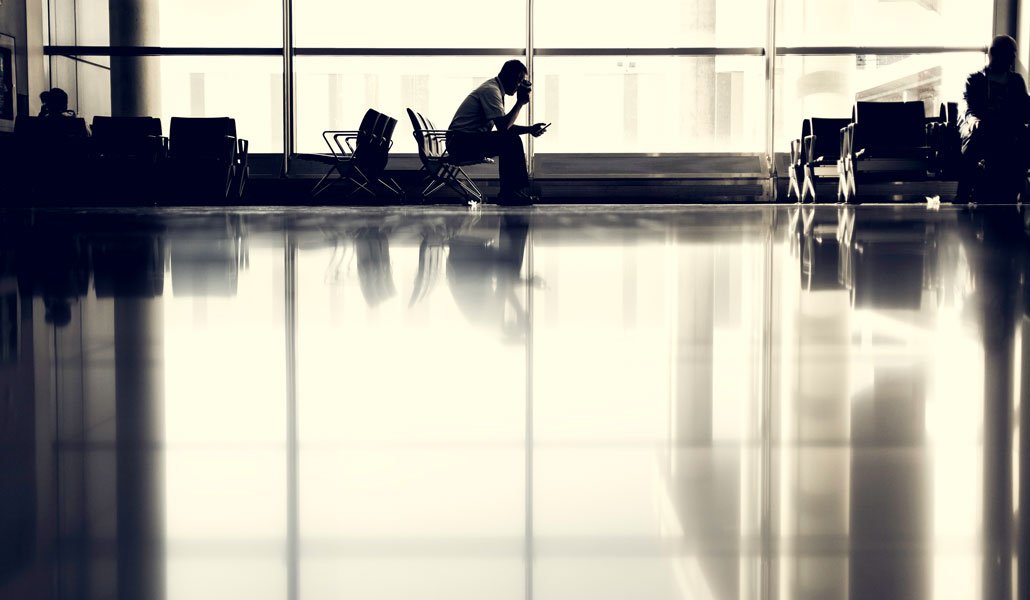The physical impact of business travel is something to take seriously, before it’s too late says Gillian Upton. Global terrorism has placed traveller safety on the top of the agenda and rightly so but there are other aspects of traveller safety that should share equal importance in boardroom discussions.
The general health and wellbeing of your travellers is an area that is increasingly taking precedence, cloaked in a new buzzword, traveller friction. Broadly speaking, it’s the wear and tear of business travel: all those early starts and late fights home that extend the working day beyond what is acceptable – the Red Eye flights, the weekends away from family and the macho culture that prevails which makes taking time off unacceptable.
The frequency of travel and a high number of long flights in a given month have an impact on diseases such as high blood pressure, diabetes and strokes. DVT (deep vein thrombosis) is another condition that is linked to flying while liver cancer has been linked to flying through too many time zones. Add to that the loss of sleep, returning to work with jetlag, having to face a deluge of unanswered emails, poor eating habits while on the road, and it’s clear that the life of a Road Warrior is not all it’s cracked up to be. The time is right to monitor workers to check that they are fit for travel.
Sophisticated MI at Travel Managers’ fingertips can alert them to frequency of flights, number of weekends away, number of time zones travelled through, the number of economy class flights being taken, and the length of downtime between trips, for example. Moreover, Travel Managers can liaise with HR to discover warning signs such as rising absenteeism, increasing sick leave, lower productivity and escalating staff turnover.
If employers truly view their employees as their best asset then talent retention should be at the heart of the company’s travel policy and benefits packages. A close look at the demands the business is putting on them – often due to staff cutbacks and the like – exacerbates the issue.
Increasingly, employers are adding gym membership and health checks to benefits packages and providing healthy food deliveries and kitchen facilities.
The other course of action is to tweak the travel policy. Maybe change the threshold on those ten-hour flights in economy class, include more hotels with leisure facilities in your preferred hotel programme and stop the back-to-back trips. It’s time to take action now and put traveller wellbeing on your priority list.
If you require advice on tailoring your travel policies to safeguard your travellers, please contact your Wings business development manager.
